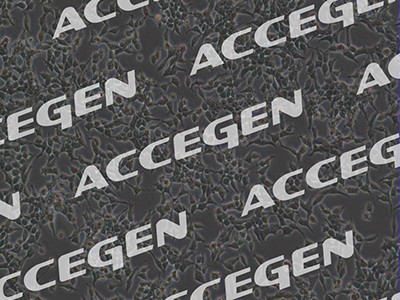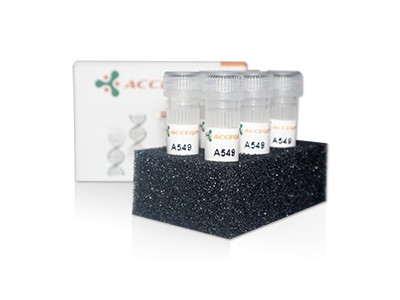Featured Products
Explore Products
- In-Stock Tumor Cell Lines
- Human Orbital Fibroblasts
- Human Microglia
- Human Pulmonary Alveolar Epithelial Cells
- Human Colonic Fibroblasts
- Human Type II Alveolar Epithelial Cells
- Human Valvular Interstitial Cells
- Human Thyroid Epithelial Cells
- C57BL/6 Mouse Dermal Fibroblasts
- Human Alveolar Macrophages
- Human Dermal Fibroblasts, Adult
- Human Lung Fibroblasts, Adult
- Human Retinal Muller Cells
- Human Articular Chondrocytes
- Human Retinal Pigment Epithelial Cells
- Human Pancreatic Islets of Langerhans Cells
- Human Kidney Podocyte Cells
- Human Renal Proximal Tubule Cells



 A549 cells express keratin and have the capacity to synthesize lecithin and contain unsaturated fatty acids. They are squamous in nature and play a role in facilitating the diffusion of substances across the lung’s alveoli. In laboratory settings, A549 cells grow as adherent monolayers. They thrive in a nutrient-rich DMEM culture medium supplemented with fetal bovine serum or F12-K medium with 10% non-heat inactivated fetal bovine serum.
A549 cells express keratin and have the capacity to synthesize lecithin and contain unsaturated fatty acids. They are squamous in nature and play a role in facilitating the diffusion of substances across the lung’s alveoli. In laboratory settings, A549 cells grow as adherent monolayers. They thrive in a nutrient-rich DMEM culture medium supplemented with fetal bovine serum or F12-K medium with 10% non-heat inactivated fetal bovine serum.
